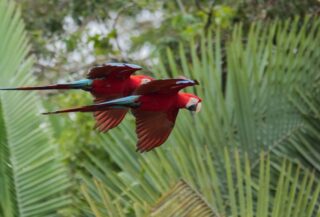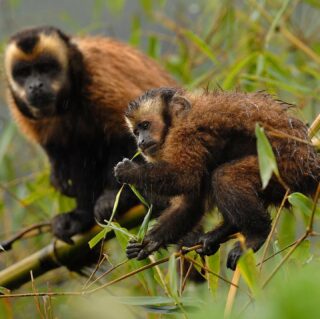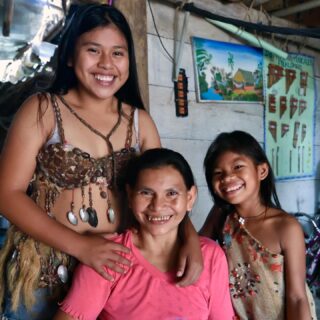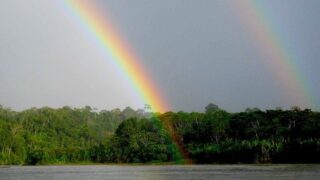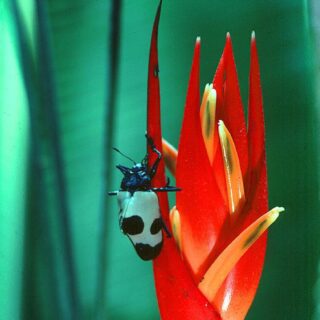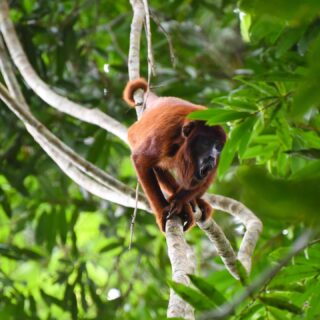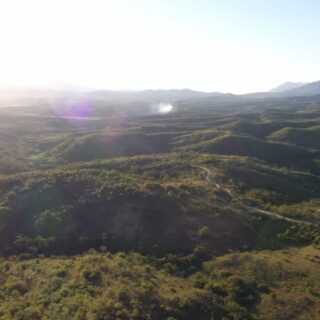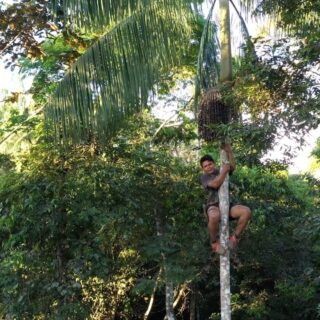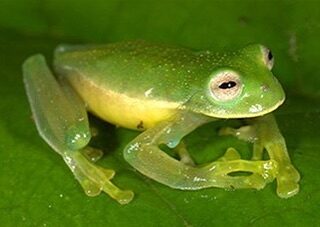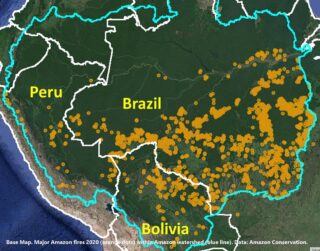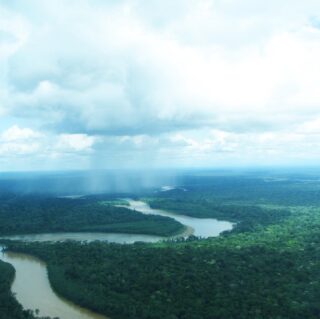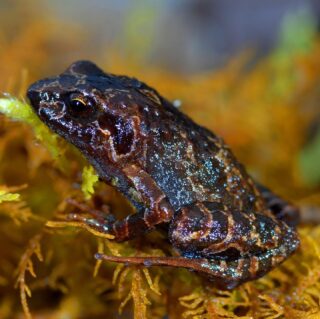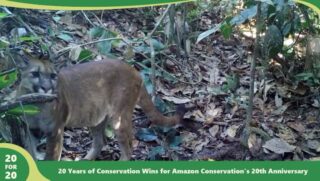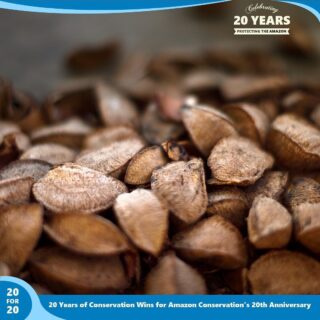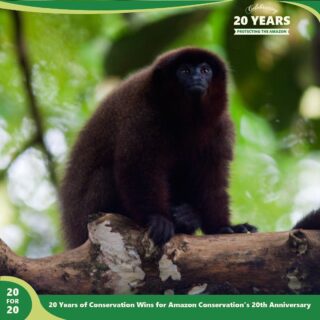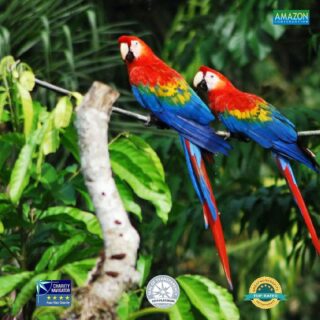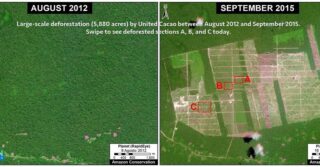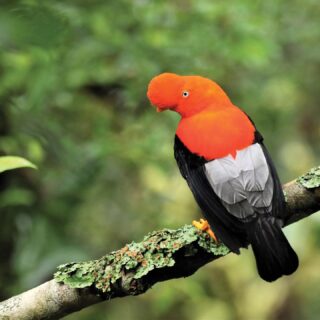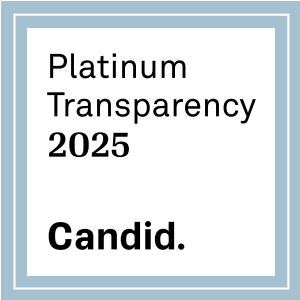International REDD Workshop Held in Peru
July 22, 2009
 ACA and our Peruvian sister organization, ACCA, hosted an international conference on REDD (Reducing Emissions from Deforestation and Forest Degradation) from May 4-6, 2009, in Madre de Dios, Peru. A market-based strategy for mitigating climate change, REDD offers carbon buyers a way to “offset” their greenhouse gas emissions and sellers to earn a profit from protecting their forests. Co-hosted by the Regional Government of Madre de Dios (GOREMAD), the conference addressed economic, social, and environmental opportunities and challenges for REDD in Madre de Dios and the rest of the MAP Region (Madre de Dios, Peru; Acre, Brazil; Pando, Bolivia).
ACA and our Peruvian sister organization, ACCA, hosted an international conference on REDD (Reducing Emissions from Deforestation and Forest Degradation) from May 4-6, 2009, in Madre de Dios, Peru. A market-based strategy for mitigating climate change, REDD offers carbon buyers a way to “offset” their greenhouse gas emissions and sellers to earn a profit from protecting their forests. Co-hosted by the Regional Government of Madre de Dios (GOREMAD), the conference addressed economic, social, and environmental opportunities and challenges for REDD in Madre de Dios and the rest of the MAP Region (Madre de Dios, Peru; Acre, Brazil; Pando, Bolivia).
Many international experts in REDD markets, carbon modeling, and conservation presented proposals and studies on the regional impacts of climate change, international climate policy, the design of REDD markets, and current REDD projects. Over 120 participants attended the event, including local and regional policy makers, representatives from native communities, conservation orga nizations and other civil society groups, and students from Universidad Nacional Amazónica de Madre de Dios (UNAMAD). The event was also broadcast in real time via closed-circuit TV with local and regional press in attendance.
nizations and other civil society groups, and students from Universidad Nacional Amazónica de Madre de Dios (UNAMAD). The event was also broadcast in real time via closed-circuit TV with local and regional press in attendance.
The workshop opened the topic for debate regionally and nationally, and identified institutional and political challenges to make REDD a viable option in Madre de Dios and throughout the region. One of the outcomes of the workshop was a proposal to establish a working group of experts to create a standard regional model of deforestation projections that will help establish a solid baseline for the region.
To disseminate information regarding REDD policies, ACCA is co-sponsoring the Spanish translation (PDF) of The Little REDD Book (PDF). The workshop was sponsored by ACA, ACCA, Conservation International, GOREMAD, The Gordon & Betty Moore Foundation, SFM, SPDA, The Nature Conservancy, UNAMAD, and WWF-Peru. (Photos above by Miguel Moran)

